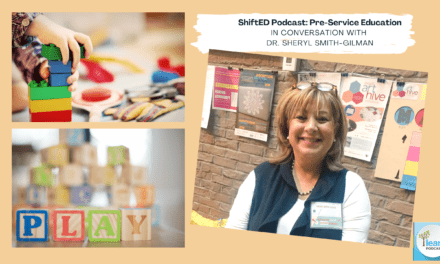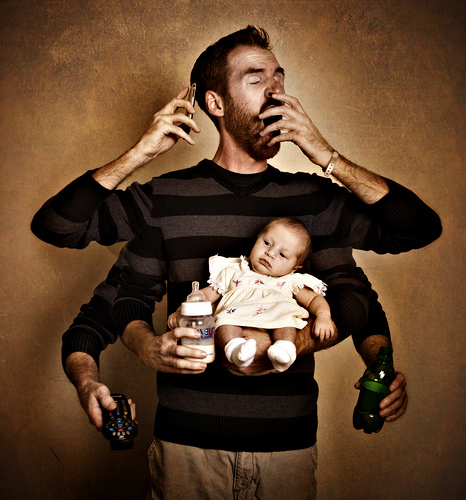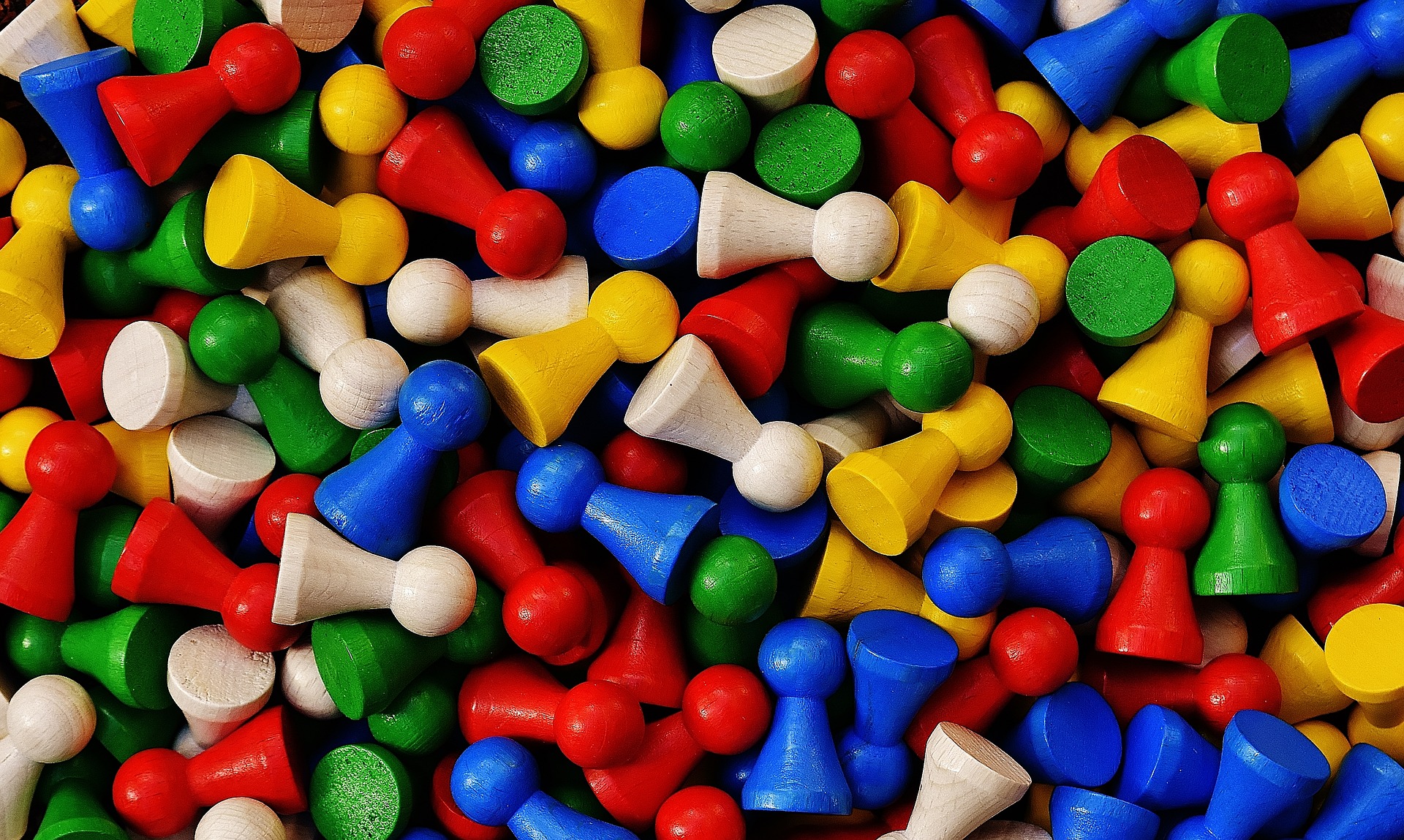
Collaboration spéciale de Sylvie Altarac, French teacher at Rosemere High School (RHS), SWLSB
This is a brief description of a long thought out endeavour on my part at bringing pedagogy and “Reconciliation 2017” to the Sir Wilfrid Laurier School Board.
Throughout the 2017-2018 school year, Sec 5 FSL at RHS students have worked on the MEES’s Broad Area of Learning “Vivre-ensemble et citoyenneté” and I arranged for them to receive a guest speaker: Michel Seguin, a Québec Métis. Meanwhile, I was invited to Kanehsatà:ke by Scott Traylen, the principal at Ratihen:te, Kanehsatà:ke high school, and Angela Gabriel, the administrative assistant at Rotiwennakehte School to participate in a CBC radio talk show recording of Espace Autochtones where I expressed my views on “rapprochement“.
Because of the information contained in the final report of the Truth and Reconciliation Commission of Canada and because of the First Nation student population within Sir Wilfrid Laurier School Board and RHS in particular, it is important for our society to try to open the channels of communication by the meeting and sharing of cultures.
Consequently, I created an opportunity for students to learn about each other and break down walls of silence and discrimination between the neighbour communities of Rosemere and Kanehsatà:ke. Monica Walczak, a teacher at Ratihen:te, (the Kanehsatà:ke high school), and Angela Gabriel, responded to my request to participate in a “rapprochement” activity and consequently invited the RHS students to their school.
On March 23rd, 2018, RHS students participated in their first of its kind intercultural event where the Ratihen:te high school and its students greeted us. They shared historical facts, traditional singing and dancing as well as explained and made leather pouches.
This authentic intercultural exchange was a rich learning experience for the students. These are extraordinary times of truth and reconciliation between Canadians of different cultures. We are currently meeting to elaborate a cross curricular project for next year. I truly enjoy collaborating with my colleagues from the Kanehsatà:ke community.
A sampling of student testimonials:
“I very much enjoyed my experience at the high school we visited in Kanesatake. The field trip allowed me to meet many new people who I never otherwise would have met! I learned about their Native ancestors and how they now balance their traditions and culture with their school life, which was a beautiful thing to see. After talking one on one with many of these students, I realized that their community was extremely rich in love and acceptance, probably because they are always together. I am very grateful to have gotten the opportunity to visit this school- even now, I am still in contact with 2 people I met there who I now consider to be my friends! I hope that they get the chance to visit our school sometime soon.” Chloé
“Visiting the school in Kanesatake was an amazing experience that we should repeat every year. Both schools had the chance to interact and learn from each other. We learned about their culture and their history [by] talking to them than reading from textbooks that were written by whites. We had a blast, and I wish more schools would do this activity.” Laura
“Having experienced going to Kanesatake to meet the First Nations and actually understand what it’s like to live in that community was such an honor. I enjoyed learning the culture and beliefs that make up who they are, which is such kind people. Their instruments, dances and crafts aren’t necessarily the same as the ones I’d ordinarily do at home although seeing this in person made me see that they shouldn’t be living in a different community than everyone else. There is no difference between us, we are all people and should live in harmony. It’s a shame. I hope to see them again soon and I hope all students from our school participate in the years to come in this fun outing.” Kelly

LEARN supports Education for Reconciliation by working with schools, communities, and organisations to put useful resources in the hands of educators. Our goal is to be more inclusive of Indigenous histories and to foster bonds between communities throughout Quebec.
Teaching Ed4Rec? Browse ways to include or expand Education for Reconciliation in the classroom, and beyond. Find classroom activities, curriculum connections, and other resources for educators.
Learning about Ed4Rec? Learn more about the history and current state of affairs of First Nations, Inuit, and Métis populations in Quebec and Canada: resources for educators, families, and community.
Helping to create a culture of Ed4Rec? Be part of a developing culture of Education for Reconciliation in schools and beyond: success stories, projects, tools, partnership opportunities, and more.





Bravo to Mme Altarac and Rosemere high school. With the state of the world today filled with discrimination and hate this is a wonderful act .
Not to mention the first nation hockey team in Quebec that was ridiculed with racist comments as soon as they walked into the ice.
Thank you. Thank you .
Janet Karovitch